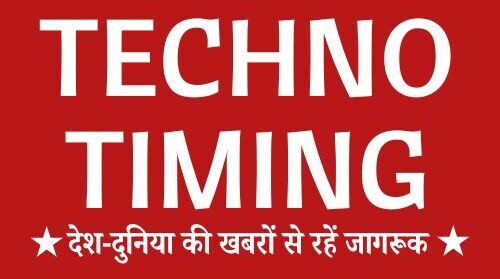Difference Between Data Analytics (DA) and Data Scientist (DS): About, Job Roles, Salary and Career
About Data Analytics vs Data Scientist
Data Analytics (DA) and Data Scientist (DS) are both high-demand career fields in information technology. They may sound similar, since both work with data, but their roles, skills, and career paths have important differences.
- Data Analyst (DA): Focuses on examining and interpreting structured data. A DA uncovers patterns, trends, and insights to solve specific business questions and improve processes.
- Data Scientist (DS): Works with both structured and unstructured data. A DS develops algorithms, builds predictive models, and applies machine learning techniques to forecast outcomes and automate complex analyses.
Job Roles and Responsibilities
Here’s how job roles and responsibilities differ for each:
| Area | Data Analyst (DA) | Data Scientist (DS) |
| Data Types | Structured (tables, spreadsheets) | Structured & Unstructured (images, text, logs) |
| Main Tasks | Data cleaning, statistical analysis, report preparation | Predictive modeling, machine learning, automation |
| Tools Used | Excel, SQL, Tableau, PowerBI, basic Python/R | Python, R, SQL, Hadoop, Spark, big data platforms |
| Purpose | Describe & explain: “What happened?” | Predict & prescribe: “What will happen next?” |
| Collaboration | Supports business units and decision-makers | Works with engineers, product teams, leadership |
| Role Focus | Data storytelling, visualization, business intelligence | Algorithm design, research, data infrastructure |
Data Analyst Typical Tasks:
- Collect and clean data from various sources.
- Analyze datasets, spot trends, and answer business questions.
- Build dashboards, reports, and visualizations for stakeholders.
- Communicate findings in easy-to-understand formats.
Data Scientist Typical Tasks:
- Design and test predictive models using advanced statistical methods.
- Work with machine learning, deep learning, and AI algorithms.
- Handle large or complex data sets (including unstructured data).
- Drive innovation and create solutions for complex business problems.
Salary in 2025
Salary varies by role, experience, and location. In India (2025 estimates):
- Data Analyst: ₹6,00,000 to ₹18,00,000 per year (average base)
- Data Scientist: ₹12,00,000 to ₹24,00,000+ per year (average base, higher for senior roles)
Internationally (USA, UK, Europe), salaries tend to be much higher, often $70,000–$150,000+ for data scientists.
Data Scientists earn more than Data Analysts due to the advanced expertise required and the complexity of their work.
Education and Skills
| Aspect | Data Analyst | Data Scientist |
| Education | Bachelor’s degree (Statistics, Computer Science, etc.) | Master’s or PhD (Data Science, Computer Science, etc.) |
| Skills | Data management, SQL, Excel, visualization tools | Machine learning, Python/R, advanced statistics, big data |
| Career Entry | Entry-level opportunities after graduation | Advanced degrees/experience typically required |
- Data Analysts need strong statistical and visualization skills, and business understanding.
- Data Scientists require advanced programming, AI/ML knowledge, and research capability.
Career Scope & Growth
- Both the Data Analytics and Data Scientist fields are growing rapidly.
- The World Economic Forum forecasts 50%+ job growth in data-related roles by 2030, especially in India.
- Data Analytics is often an entry point, ideal for those starting their career
- A Data Scientist is suitable for those seeking advanced technical, research, or leadership roles in AI, ML, or big data.
Many professionals start as Data Analysts and grow into Data Scientist positions by acquiring new skills and experience.
Which Career Is Right for You?
- If you enjoy working with business data, making reports, and supporting decisions, Data Analytics is a great start.
- If you love coding, predictive modelling, advanced statistics, and AI—Data Scientist offers exciting opportunities.
Choosing between Data Analyst and Data Scientist should depend on your interests, skills, educational background, and future goals. Both offer strong career growth and excellent salaries in 2025 and beyond.


